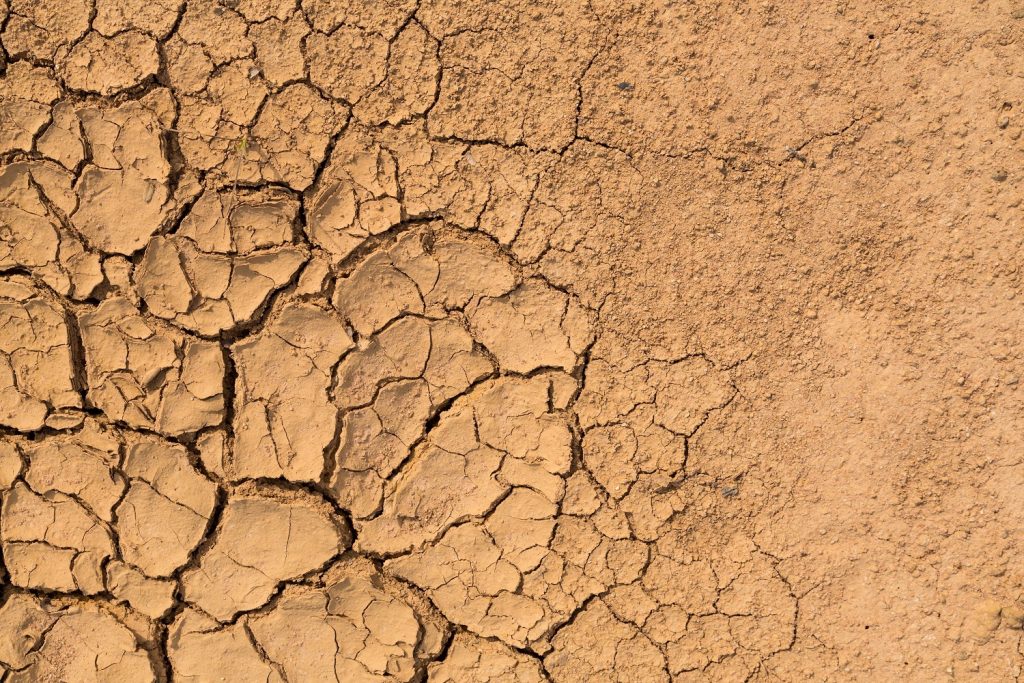Chile declares agricultural emergency in drought-ravaged Coquimbo

Chile has declared an agricultural emergency in certain areas of the drought-hit northern region of Coquimbo.
The region that lies north of the capital Santiago produces a large proportion of the country's avocados, table grapes and citrus.
The Ministry of Agriculture said its decision comes due to "the gravity of the water shortage".
Agriculture Ministry Antonio Walker explained the emergency declaration would allow the government to provide more support to the affected areas.
"We have a problem in the dry areas - in the areas that are not low-risk. That is why we have had to declare this agricultural emergency due to the water shortage," he said.
"With these resources, we will be able to fundamentally support family farmers."
The eight reservoirs in the Coquimbo region are at an average capacity of 65%, Walker said. That remaining water would only last for two more seasons, he said.
The Agriculture Ministry says it will be able to provide around 400 million pesos (US$570,000).
There are over 27,000 hectares of fruit plantations in Coquimbo, according to a 2018 survey.
Table grapes have the largest share with a little over 8,000 hectares, then olives and avocados with almost 4,000 hectares each. Mandarin orchards cover 3,700 hectares. Around 93% of the planted area for fruit crops used drip irrigation.
Decade-long drought for north of Chile
Coquimbo - which lies just below the driest desert in the world, the Atacama - has been heavily affected by drought for many years.
In 2011, Walker - then-president of grower association Fedefruta - said the situation was 'more critical than is believed’ for avocado, citrus, table grape, pear and kiwi farmers.
He said the impact was concentrated in Coquimbo and the neighboring Valparaiso region - the leading avocado producer.
And in June this year, Chile's meteorological service warned the that central areas of the country would see their driest winter in 60 years. That warning came after months of far lower rainfall than normal.








































